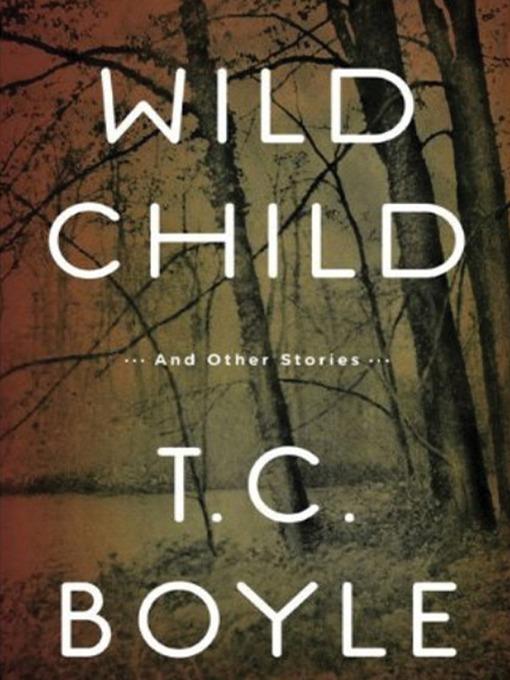
Wild Child
And Other Stories
کتاب های مرتبط
- اطلاعات
- نقد و بررسی
- دیدگاه کاربران
نقد و بررسی

Superlative author T.C. Boyle is also an excellent reader of his own work. His voice is purely American West--flat-voweled , pleasantly modulated, with a hint of a baritone growl. He reads without vocal flourish, but with an intensity that captures the listener and won't let go. It's pell-mell without being rushed; urgent but not desperate; entirely articulate. And such stories. The fate of a boy who cannot feel pain; the way in which a California mudslide can save a soul; a girl who may or may not lie for her father. Stories that feel simultaneously quotidian and mythic. My only quibble is that the pauses between stories hardly leave time for a breath (or a reflection). No matter. This is a mesmerizing audiobook experience. A.C.S. Winner of AudioFile Earphones Award (c) AudioFile 2010, Portland, Maine

November 2, 2009
The title novella in Boyles's ninth collection is as good as anything the prolific author of The Women
has written. Basing his story on the historical Victor of Aveyron, the feral child discovered in the wilds of France in 1797 and slowly brought to heel indoors under the patient but understandably frustrated doctor Jean-Marc Gaspard Itard, Boyle interrogates history with an experienced reader's wariness of sentimental revisionism and a great writer's attention to precisely what defines the child's wildness. The 13 other stories are a grab bag of Boyles's signature modes and are, therefore, mixed. There's “Question 62,” a by-the-numbers suburban comedy concerning an escaped tiger; “La Concita,” a dutiful requiem for baby boomer ordinary guyism; and “Sin Dolor,” a bona fide Borgesian legend about a child whose inability to feel pain fails to protect him from more subtle wounds. Stronger material is found in “The Lie,” about a man who lies about his newborn baby's death to get out of work, comprising one of the book's few surprises. What's largely missing is experimentation, intimacy and deviation from a catalogue throughout which Boyle has proven himself doggedly reliable; one wonders when this wild child got housebroken.

























دیدگاه کاربران